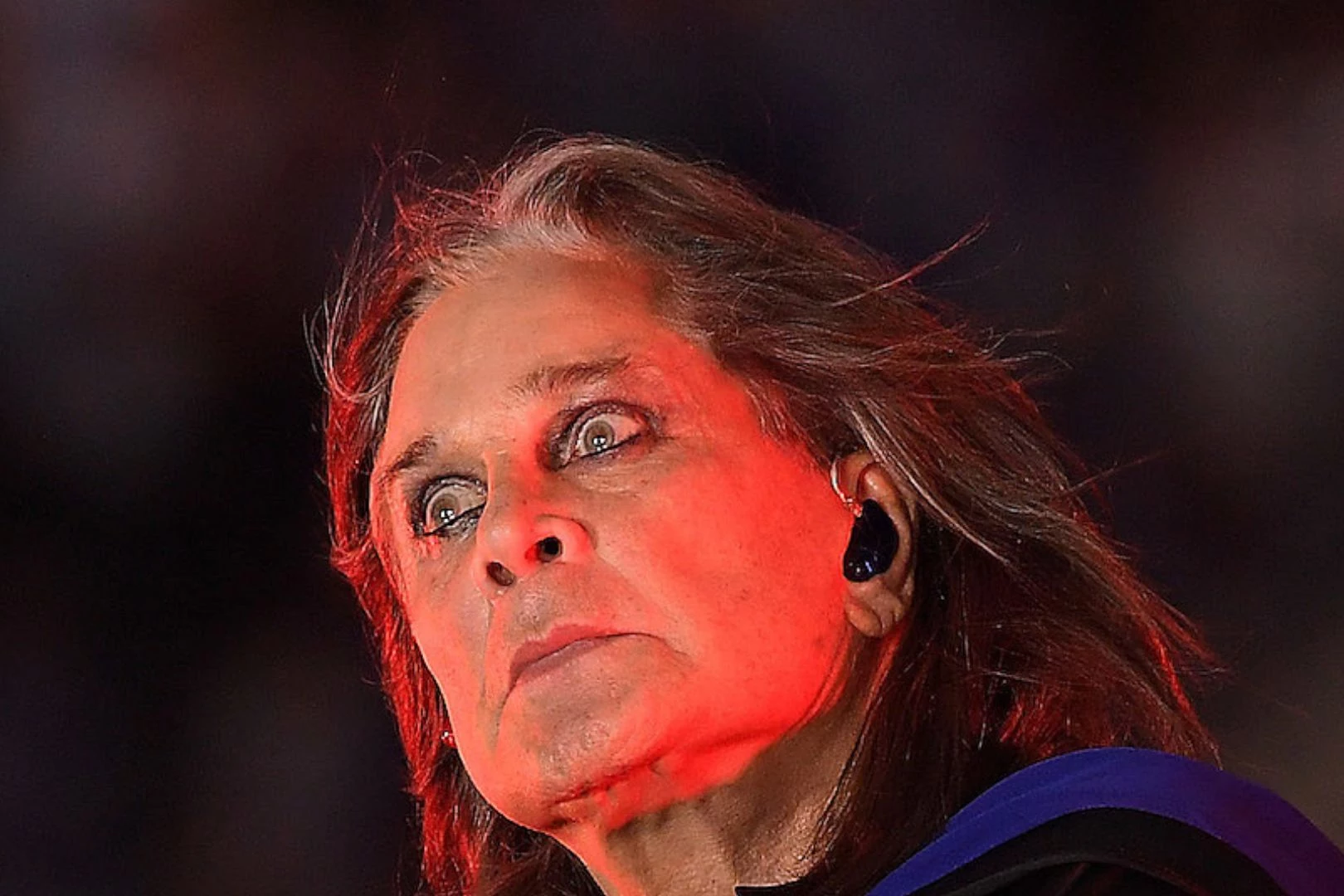UFO Guitarist Doesn’t Think Ozzy Is a Good Singer, Says He Was Only Successful Because of Musicians Around Him

In a recent conversation with the Rock Interview Series, UFO’s keyboardist and rhythm guitarist Neil Carter shared his nuanced perspective on Ozzy Osbourne’s solo career. Carter revealed that while he respects Ozzy as a person, he was never particularly enamored with the Prince of Darkness’ vocal style. He contends that Ozzy’s solo success owes much to the caliber of musicians he collaborated with over the years.
UFO itself is hailed as a cornerstone of UK hard rock from the ’70s and ’80s, with an enduring influence on a multitude of music luminaries across various genres, including Iron Maiden, Metallica, Guns N’ Roses, Slayer, Pearl Jam, and countless others.

Having been part of UFO from 1980 to 1983, Carter had the opportunity to share the stage with Ozzy’s legendary solo lineup, which included the late guitar virtuoso Randy Rhoads. Carter reminisced about his interactions with Rhoads, describing him as a dedicated musician and a genuinely nice person.
Reflecting on Ozzy’s performances, Carter found himself somewhat perplexed by the fervent adoration from audiences, despite his personal reservations about Ozzy’s vocal prowess. Nonetheless, Carter acknowledges the undeniable talent of Ozzy’s bandmates, including Tommy Aldridge, Rudy Sarzo, and keyboardist Don Airey, whose contributions elevated the live experience.

Carter believes that Ozzy’s success was bolstered by the caliber of collaborators surrounding him, such as bassist Bob Daisley, who played a significant role in songwriting. He particularly lauds the lineup featuring Rhoads, Sarzo, and Aldridge, marveling at Rhoads’ exceptional guitar skills.
The tragic loss of Randy Rhoads in a plane crash during Ozzy’s “Diary of a Madman” tour in 1982 left a profound impact on Carter. He recalls the somber atmosphere that engulfed the tour and expresses sympathy for the band, especially keyboardist Don Airey, who witnessed the tragedy firsthand.
In hindsight, Carter reflects on the sorrow and upheaval caused by Rhoads’ untimely death, recognizing the profound effect it had on those involved in the tour.





